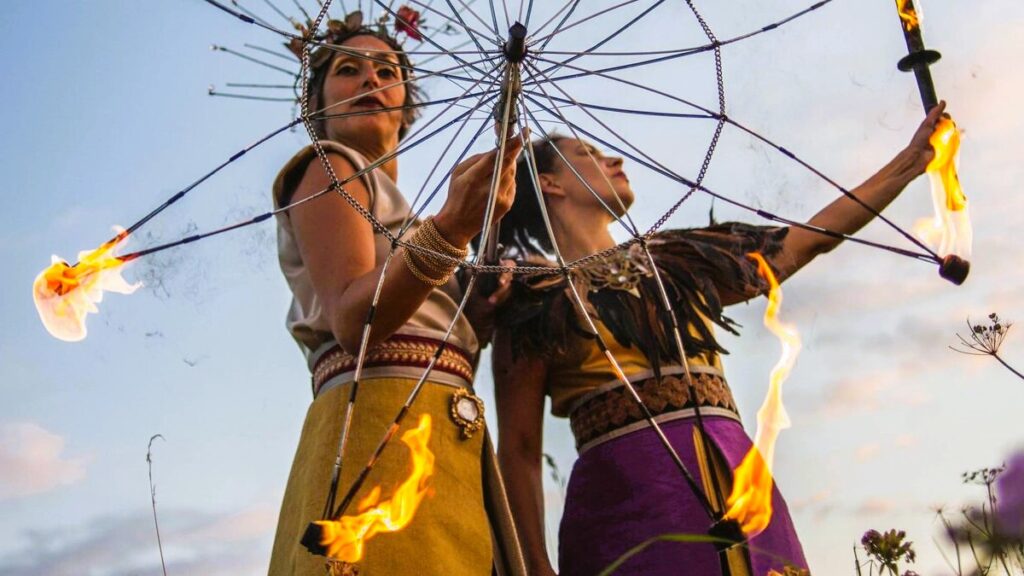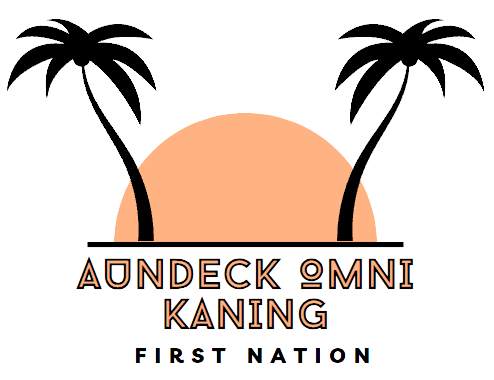
Indigenous Film and Media Festivals: Celebrating Creativity and Culture
In today’s digital age, where information flows incessantly through various media channels, media literacy has become an essential skill for individuals to navigate the vast landscape of news, entertainment, and online content. Media events and workshops play a crucial role in fostering media literacy by providing communities with the necessary tools to critically analyze and interpret media messages. This article delves into the significance of media events and workshops in engaging communities and enhancing media literacy. Furthermore, it explores how organizations, such as standardization bodies like Canada.ca, are contributing to this cause.
Preserving Indigenous Culture through Film and Media
For centuries, Indigenous communities have relied on oral traditions to pass down their histories, customs, and values to future generations. While oral storytelling remains an integral part of their heritage, the introduction of film and media has provided new avenues for cultural preservation and expression. Indigenous filmmakers and media creators utilize these mediums to share their experiences, challenges, and triumphs with a global audience, fostering pride and solidarity among Indigenous peoples.

- Amplifying Indigenous Voices: Indigenous film and media festivals provide a platform for Indigenous filmmakers and storytellers to share their narratives directly with audiences. This direct engagement ensures that Indigenous perspectives are authentically represented, challenging misrepresentations and stereotypes often perpetuated in mainstream media.
- Empowering Indigenous Filmmakers: By showcasing their works at festivals, Indigenous filmmakers gain exposure, recognition, and opportunities to collaborate with other creatives. These experiences empower them to continue telling their stories and contributing to the ongoing preservation of Indigenous culture.
- Revitalizing Traditional Art Forms: Some Indigenous media festivals celebrate traditional art forms, such as storytelling, dance, and music, by incorporating them into film and multimedia presentations. This revitalization of traditional practices strengthens cultural identity and promotes intergenerational learning.
- Addressing Contemporary Issues: Indigenous film and media often explore contemporary challenges faced by Indigenous communities, such as environmental issues, cultural appropriation, and the impacts of colonialism. By addressing these topics, filmmakers spark important discussions and advocate for positive change. If you are thinking about a trip to Aundeck Omni Kaning, we recommend reading the article about the hidden delights of the island.
The Cultural Significance of Indigenous Film Festivals
Indigenous film festivals play a vital role in fostering cultural appreciation and understanding between Indigenous and non-Indigenous communities. These festivals act as bridges, encouraging dialogue and collaboration, while promoting Indigenous art, culture, and heritage on a global scale.
- Building Cross-Cultural Connections: Indigenous film festivals attract diverse audiences, including non-Indigenous individuals who seek to learn about Indigenous cultures and perspectives. These gatherings create opportunities for cross-cultural interactions, breaking down barriers and promoting mutual respect.
- Educating through Art: Films and media projects screened at Indigenous festivals educate audiences about the history, traditions, and contemporary issues faced by Indigenous peoples. Through compelling storytelling, viewers gain a deeper understanding of Indigenous experiences and contributions to society.
- Celebrating Indigenous Creativity: Indigenous film and media festivals celebrate the richness of Indigenous creativity, from captivating storytelling to visually stunning cinematography. Such celebrations uplift Indigenous artists, encouraging them to continue their artistic pursuits.
- Empowering Indigenous Communities: Successful Indigenous film festivals often contribute to the economic development of Indigenous communities. These events attract tourists, generate revenue, and promote local art and craft industries, empowering communities to retain agency over their cultural heritage.
Canada’s Commitment to Indigenous Film and Media
As a nation with a diverse Indigenous population, Canada acknowledges the importance of Indigenous film and media in preserving and promoting Indigenous cultures. Canada.ca, the official website of the Canadian government, actively supports initiatives that empower Indigenous filmmakers and media creators.

- Indigenous Screen Office: The Indigenous Screen Office, established by Canada.ca, provides support and resources to Indigenous filmmakers and creators. The office collaborates with Indigenous film festivals to promote Indigenous storytelling and ensure Indigenous voices are heard.
- Indigenous Heritage and Cultural Programs: Canada.ca supports Indigenous film and media festivals through its Indigenous heritage and cultural programs. These programs provide funding and resources to organizations that host festivals, enabling them to expand their reach and impact.
- Indigenous Film Funds: The Canadian government, through Canada.ca, offers grants and funding opportunities to Indigenous filmmakers and media creators. These funds aim to support the production, distribution, and promotion of Indigenous films and media projects. (Source: Canada.ca – Indigenous Film and Media Fund)
Conclusion
Indigenous film and media festivals play a crucial role in celebrating the creativity, resilience, and cultural heritage of Indigenous communities worldwide. These festivals amplify Indigenous voices, challenge stereotypes, and foster cross-cultural understanding. By providing platforms for Indigenous filmmakers and media creators to showcase their works, these festivals contribute to the preservation and revitalization of Indigenous cultures. Canada, through its support for Indigenous film and media initiatives on Canada.ca, demonstrates its commitment to empowering Indigenous storytellers and promoting Indigenous art, culture, and heritage on the global stage. Embracing the power of film and media, Indigenous communities continue to inspire, educate, and build bridges of understanding for a more inclusive and diverse world.
